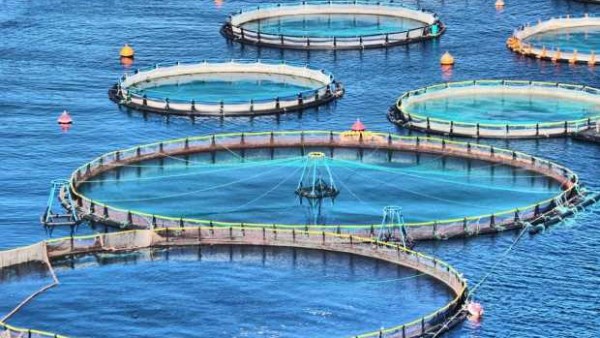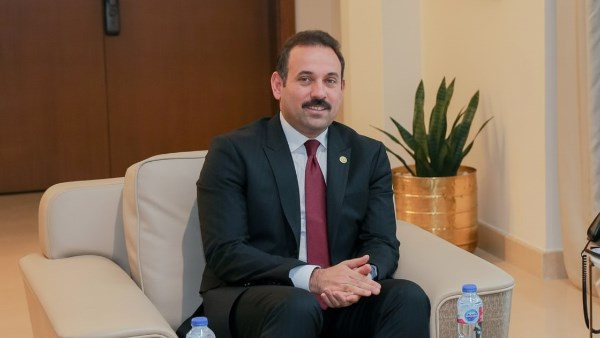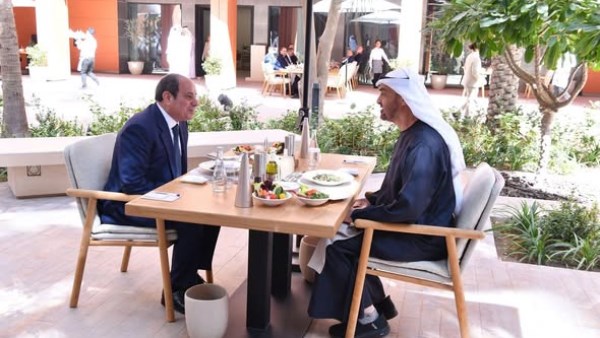
Daily blackouts stretch for 10 hours at a time
Ecuador Goes Dark in a Power Crisis That Punishes Economy

Life without electricity is wearing on Ecuadorians, punishing their already frail economy and raising questions about the political future.
Daily blackouts stretch for 10 hours at a time, and they could get worse in the coming months as a dry spell further tests the country’s reliance on hydropower. Traffic lights are often out, internet service gets interrupted, and building managers ask residents to refrain from washing and drying clothes while backup generators are working.
The central bank’s estimate of 0.9% gross domestic product growth for the year is almost certainly out of reach, adding to the pressure on President Daniel Noboa. The 36-year-old wasn’t even born when some of the decisions were made that crippled Ecuador’s electricity supply, but resolving the crisis will be key for his reelection chances in February.
“The dramatic moment the country is going through confronts us with deciding what model of state we want to live in,” said Maria Paz Jervis, president of Ecuador’s umbrella business association CEE, noting in a phone interview that the current one hasn’t been able to provide access to basic services.
Ecuador's bonds
Ecuador’s bonds due in 2035 have dropped almost 2 cents on the dollar this week, a reflection of investor anxiety that the crisis could provide momentum for a leftist presidential candidate with less fiscal discipline.
Though Ecuador has abundant energy resources — from tropical sunshine to fast-flowing rivers cascading down steep Andean slopes, as well as bigger oil reserves than Mexico — it’s suffering from chronic underinvestment and a string of poor policy choices.
A new constitution in 2008 put electricity under government control, blocking most private investment in the industry. Ecuador wagered heavily on hydroelectric power, relying on it to generate more than 70% of its electricity, leaving it vulnerable in drier weather.
Noboa named a new energy minister this week, his fourth since taking office last November, and tasked her with reducing the country’s dependence on rainfall by shifting to other forms of renewable energy. He’s also asked congress for a 10-fold increase in the cap on private investment in the electricity sector — currently at a maximum of 10 megawatts — and on Thursday removed duties on imports of generators. Right now, only about 30% of homes have generators available to keep lights on during the blackouts.
Real structural change will take time, something Noboa’s government has never had. He was elected last November to an abbreviated term after a political crisis led to his predecessor’s early departure. Much of his presidency has been consumed with an internal war against drug gangs, and security remains a major issue. Just this week, gunmen attacked a convoy of armored central bank vehicles on the highway between Cuenca and Guayaquil.
New Energy Minister Ines Manzano, meanwhile, got off to a shaky start. Her agency issued a statement saying there would be no power cuts Thursday afternoon during Ecuador’s World Cup qualifying match against Paraguay, only to quickly delete it. The game, a scoreless draw, went ahead without a hitch in Quito, stadium lights and all, but other activities have been canceled.
The twin impacts of the blackouts and drought are rippling through the economy. Ranchers and dairy farmers are struggling to feed their cattle, said Rodrigo Gomez de la Torre, whose family owns a dairy farm in Pintag near Quito. Milk production is down 20% to 40%, depending on the region and individual producer’s ability to prepare for the seasonal drought.





-1120252475029447.jpg)













